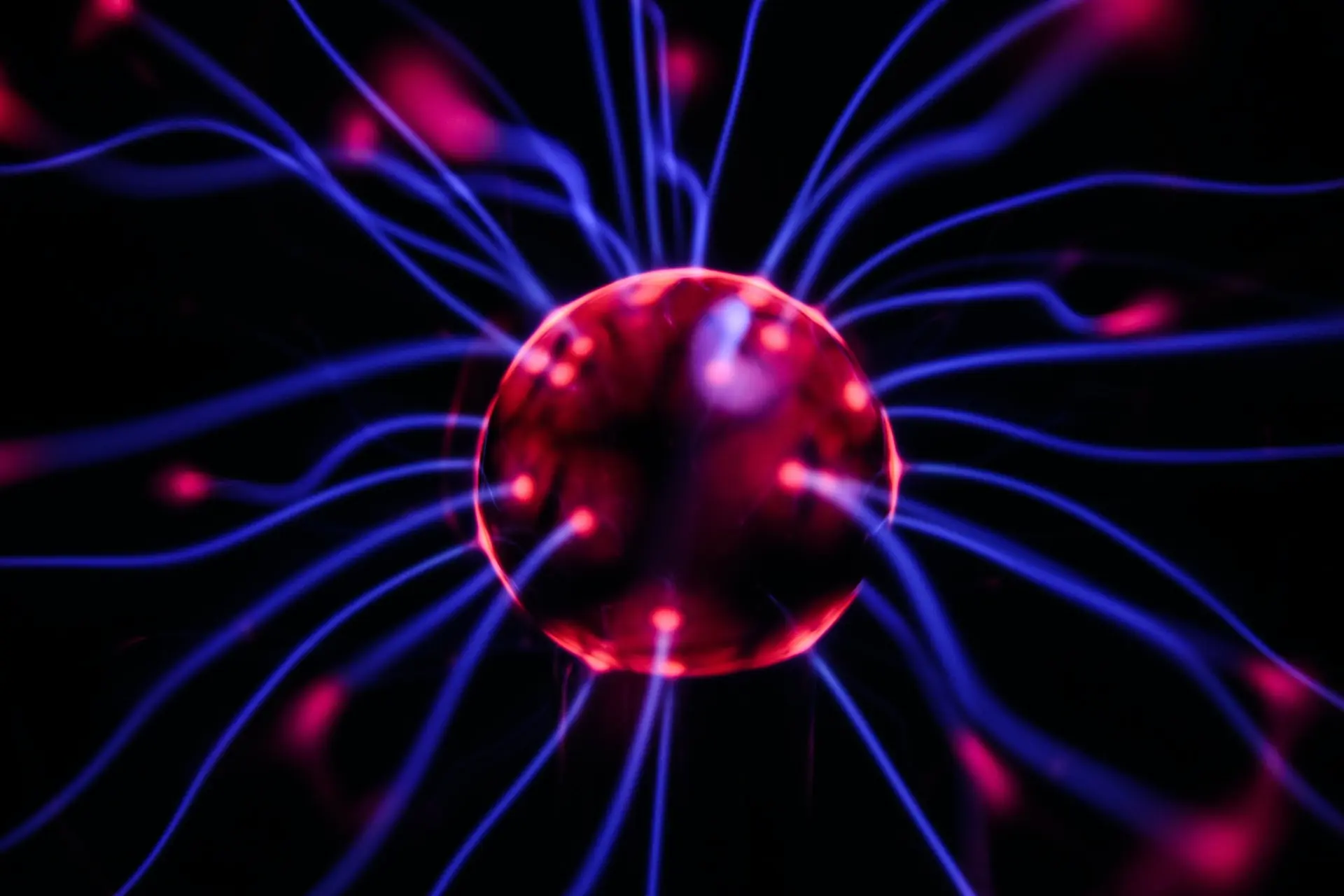The Role of Nootropics in Neuroplasticity: How They Can Help the Brain Adapt and Grow
The Role of Nootropics in Neuroplasticity: How They Can Help the Brain Adapt and Grow
Neuroplasticity refers to the brain's ability to change and adapt in response to new experiences, challenges, and injuries. Nootropics, sometimes called "smart drugs" or cognitive enhancers, can play a significant role in supporting and enhancing neuroplasticity. In this article, we will explore the relationship between nootropics and neuroplasticity, addressing common questions on how these substances can help the brain adapt and grow.
What are Nootropics?
Nootropics are a class of compounds that are known for their ability to improve cognitive function, including memory, creativity, motivation, and concentration. They can be natural or synthetic substances, and are typically characterized by their low toxicity and limited side effects. Examples of nootropics include modafinil, piracetam, and natural substances such as L-theanine, found in green tea.
How do Nootropics Affect Neuroplasticity?
Nootropics can influence neuroplasticity through various mechanisms, including:
1. Enhancing Neurotransmitter Function
Nootropics can modulate the levels of neurotransmitters such as dopamine, serotonin, and acetylcholine, which play a crucial role in learning, memory, and mood regulation. By optimizing the levels of these neurotransmitters, nootropics can support cognitive processes and promote neuroplasticity.
2. Increasing Blood Flow to the Brain
Some nootropics, such as vinpocetine and ginkgo biloba, can improve blood flow to the brain. This increased blood flow delivers more oxygen and nutrients, promoting the growth of new neurons and supporting overall brain health.
3. Promoting the Growth of New Neurons
Nootropics can stimulate the production of brain-derived neurotrophic factor (BDNF) and nerve growth factor (NGF), proteins that support the growth, differentiation, and survival of neurons. Increased levels of these factors contribute to enhanced neuroplasticity.
4. Reducing Inflammation and Oxidative Stress
Inflammation and oxidative stress can hinder neuroplasticity and contribute to cognitive decline. Nootropics, such as curcumin and alpha-lipoic acid, have potent antioxidant and anti-inflammatory properties that can protect the brain and promote a healthier environment for neuroplasticity.
What are the Benefits of Nootropics for Neuroplasticity?
Enhanced neuroplasticity can lead to several benefits, including:
- Improved learning and memory: By promoting the growth of new neurons and optimizing neurotransmitter function, nootropics can enhance the brain's ability to learn and retain new information.
- Faster recovery from brain injuries: Increased neuroplasticity can support the brain's ability to reorganize and adapt after injuries, such as strokes or traumatic brain injuries.
- Protection against age-related cognitive decline: By reducing inflammation and oxidative stress, nootropics can help maintain cognitive function and slow down the effects of aging on the brain.
Conclusion
Nootropics can play a significant role in supporting and enhancing neuroplasticity, allowing the brain to adapt and grow more effectively. By optimizing neurotransmitter function, increasing blood flow, promoting the growth of new neurons, and
